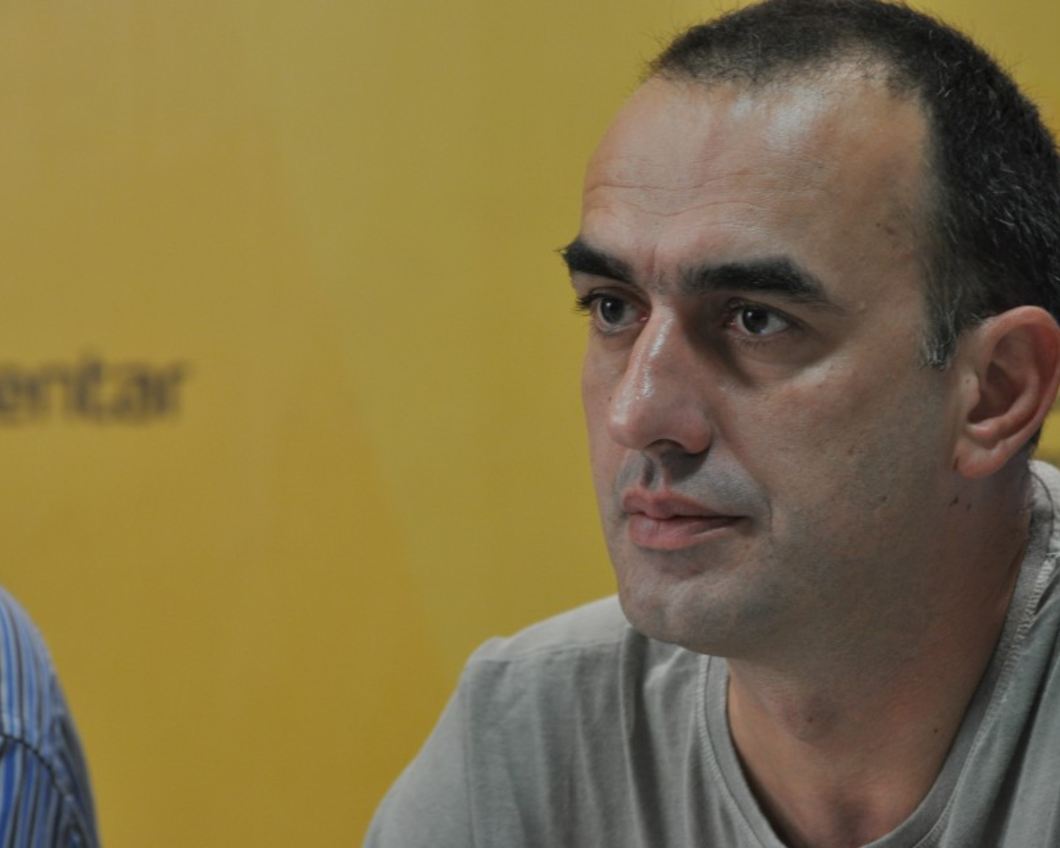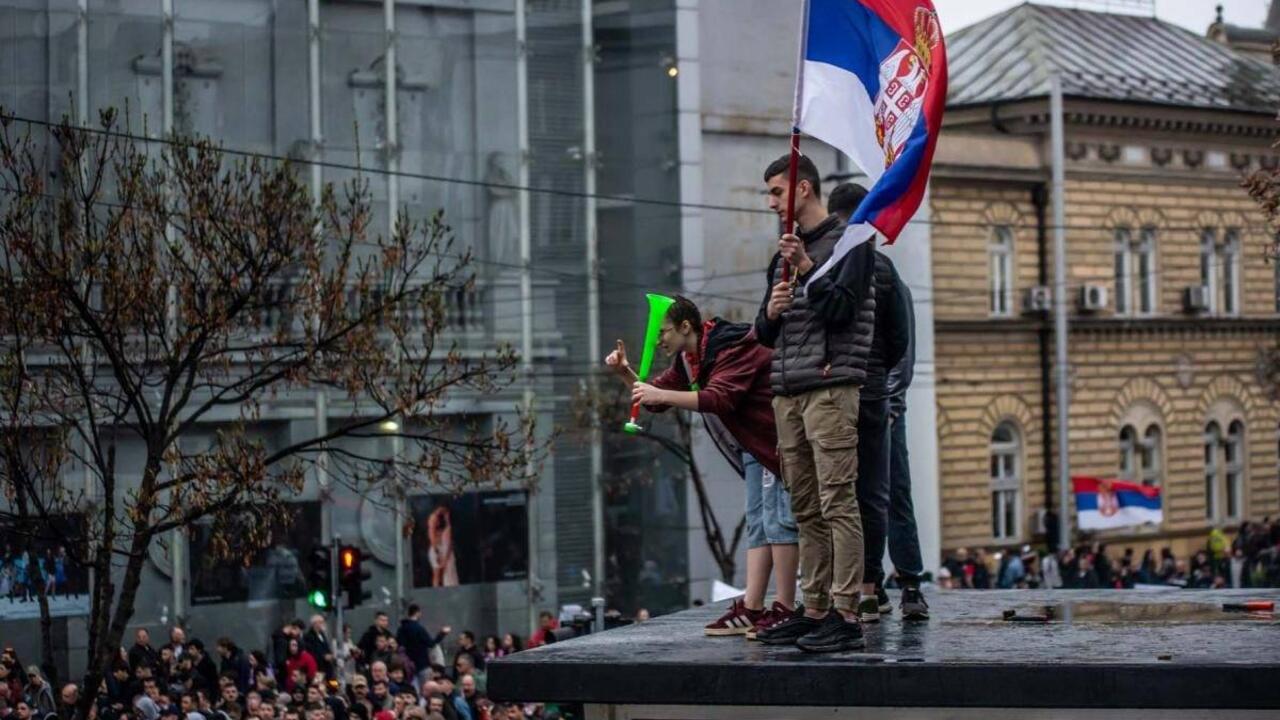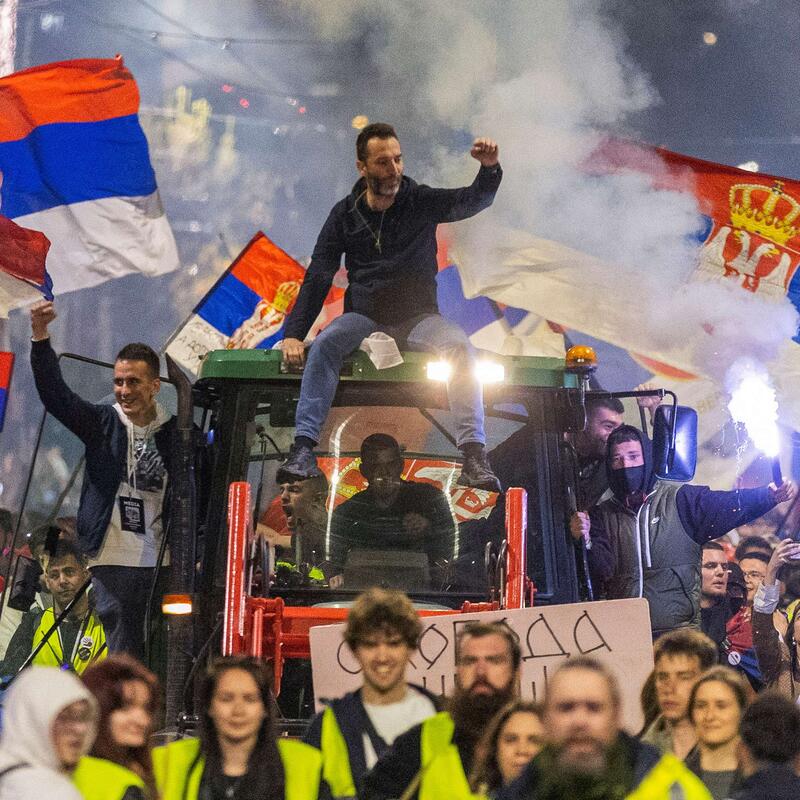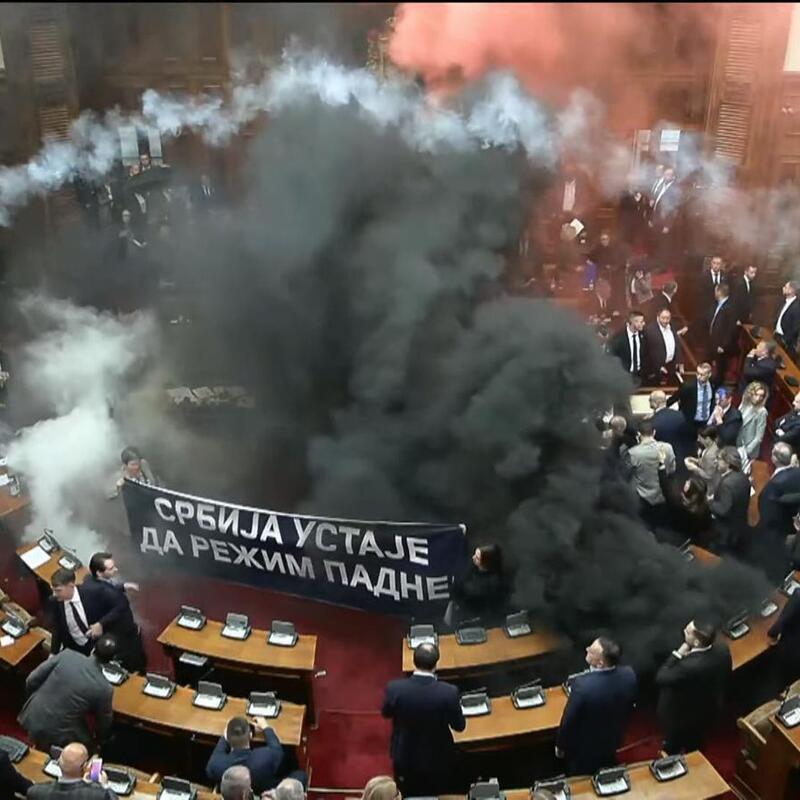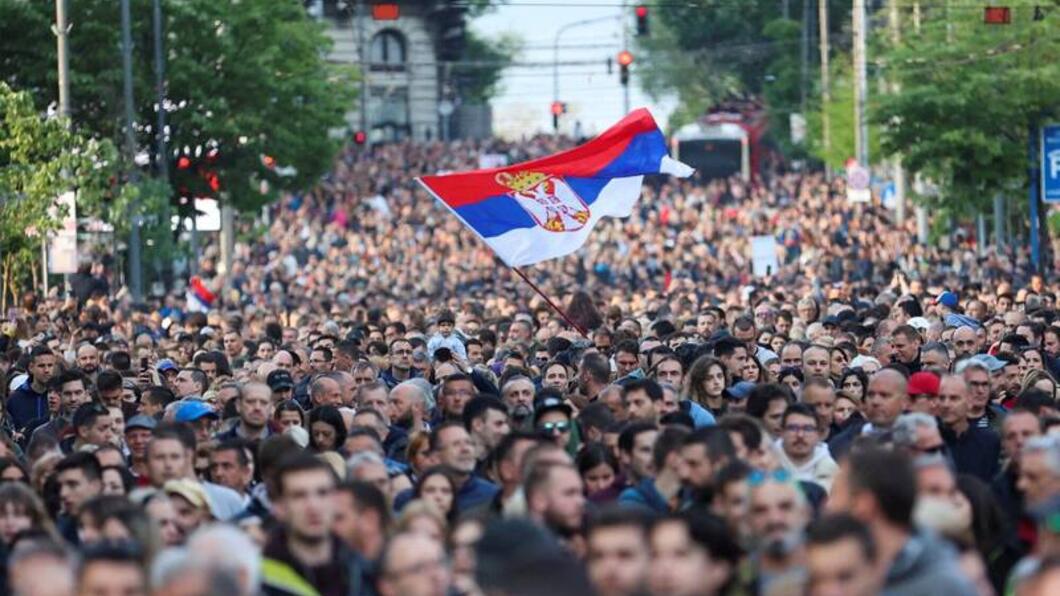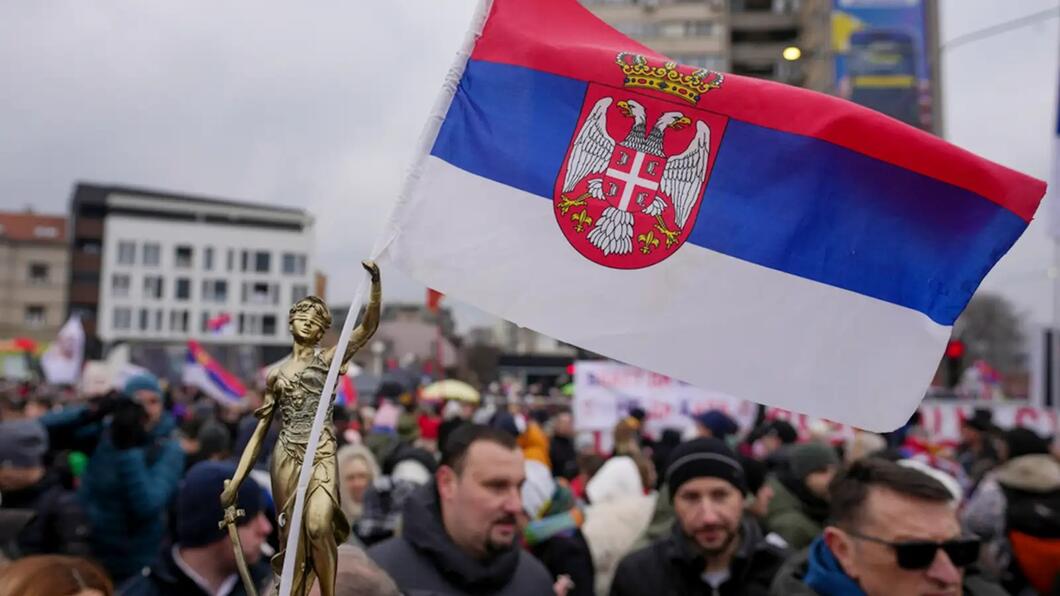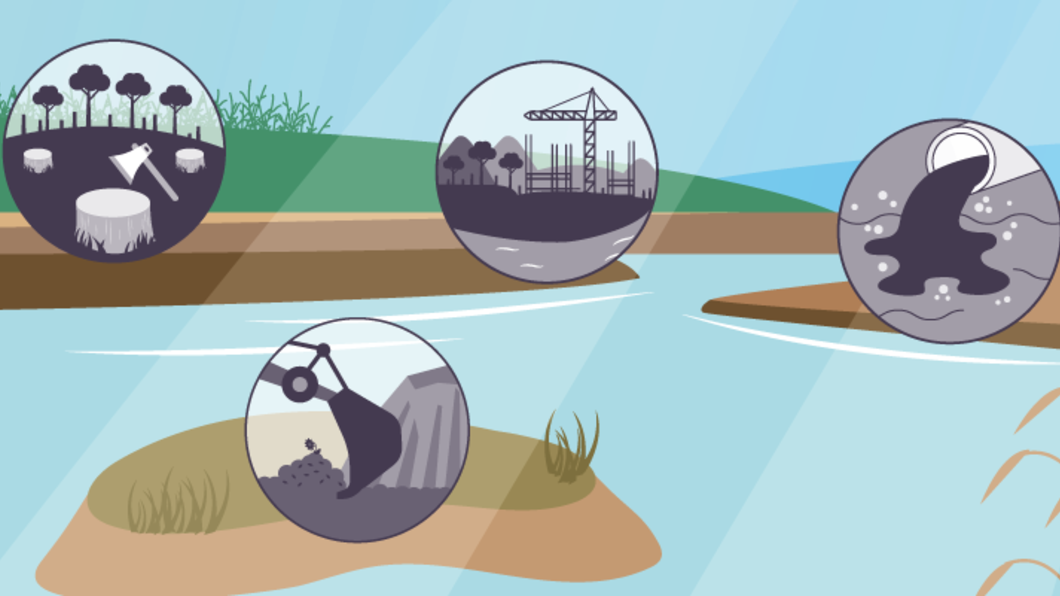In this third and final article on the Serbian student movement, the Foundation Max van der Stoel and the International Foundation GroenLinks once again joined forces. We had the opportunity to speak with Dinko Gruhonjić, a journalist with over two decades of experience and programme director of the Independent Journalists’ Association of Vojvodina (NDNV). In addition to his media work, Mr. Gruhonjić is also a professor at the University of Novi Sad. The mass student protests in Serbia are still ongoing, as the demands, focusing on demanding justice and accountability of the ruling government, have not been met by the Serbian regime. One of the most prominent topics Gruhonjić highlights is the struggle over national broadcasting, which is increasingly losing its independence. Lately, students and other citizens have blocked the national broadcaster’s headquarters for over a week.
In this interview, we discuss the role of the media in Serbia, the ongoing protests, solidarity within the academic community, and the broader role of the EU and geopolitical tensions in the region.
